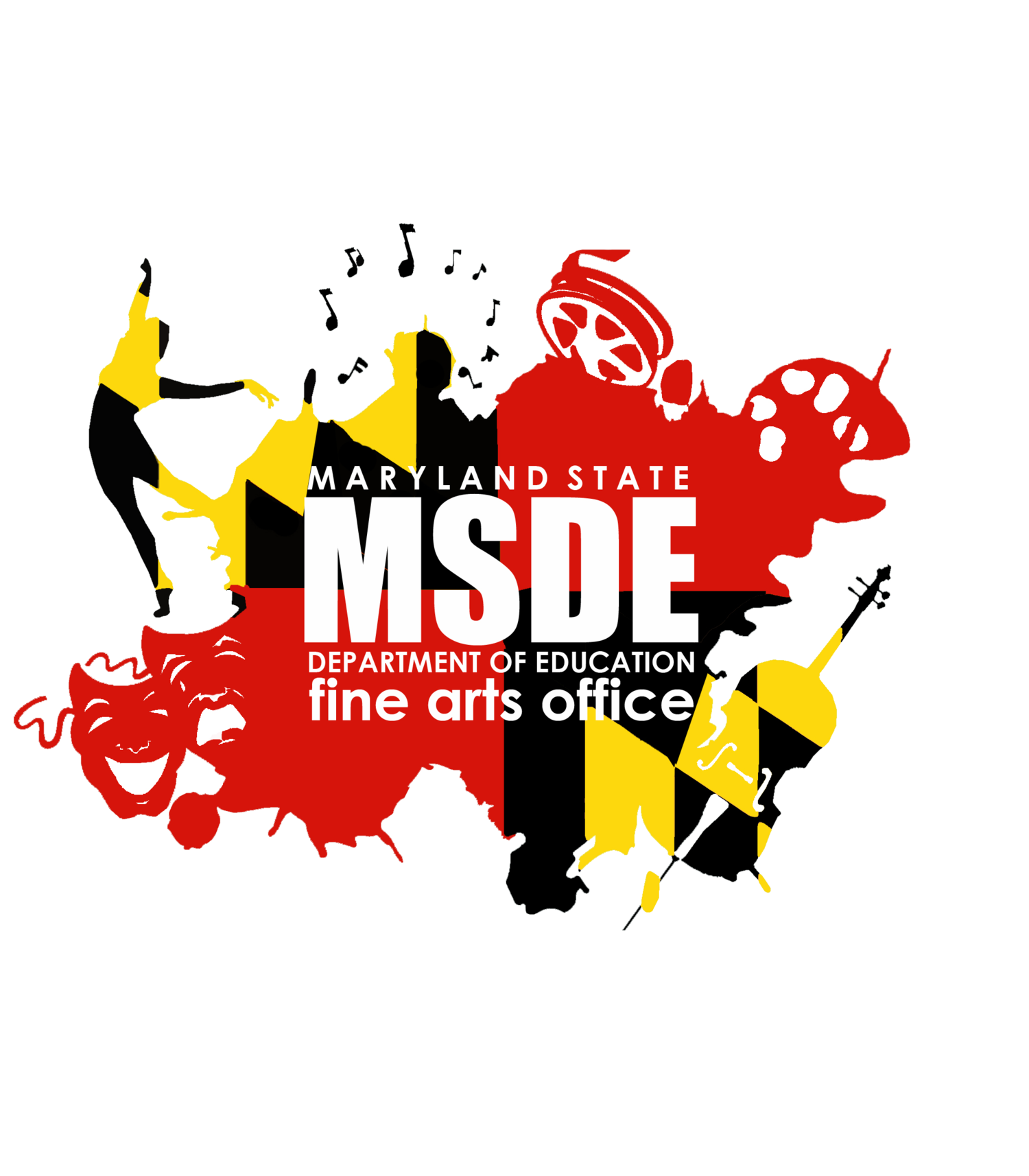Alysia Lee, education program supervisor for fine arts education for the Maryland State Department of Education, wanted to develop a program to teach arts educators how to address equity and justice in the classroom.
As founder and artistic director of Sister Cities Girlchoir, a girl empowerment choral academy in Maryland, New Jersey and Pennsylvania, she wanted to find a way to share her work in arts and social justice with other arts educators across the state.
In a monthlong program that started July 13 and runs through Aug. 7, arts professionals are participating in the Maryland Centers for Creative Classrooms Summer 2020 Virtual Professional Learning, a workshop for arts educators, arts integration teachers and teaching artists.
Presented by the Fine Arts Office and Professional Learning Office at MSDE, 21 arts educators and professionals across the state are teaching virtual courses on topics like equity and justice, mindfulness and movement, as well as arts integration. The program offers more than 130 hours of professional learning for arts educators to put toward their continuing professional development credit.
The aim of the program is to “support arts educators in developing the skills, knowledge and dispositions needed to lead quality arts-based instruction for 21st century learners,” according to the website.
Lee, an alumna of the George Washington Carver Center for Arts and Technology in Towson, is teaching the courses “Arts Education Digital Engagement,” “The Creative Process,” and “What Is Equity and Justice.”
She said she hopes her course on equity and justice will help arts educators start a dialogue.
“I’m hoping people will leave with a good understanding of all of the things they don’t know [and] bring people around the table and really listen to Black and brown people who have been doing this for decades,” she said.
She said it is important for workshops like this to exist at a time when many organizations have been discussing diversity and inclusion.
“I want educators to feel confident and competent with language on this subject,” she said. “We are hoping people will come out, and we are hoping to see a lot of educators show up to work on this together.”
Funding arts must be part of Kirwan reforms »
Ken Skrzesz, executive director of the Maryland State Arts Council and former coordinator of Fine Arts for MSDE, will be teaching the course “Pivoting Towards Creativity” on July 16.
He said he wanted to be part of the workshop to connect with other arts educators and understand the challenges they face.
“Arts are the great equalizer and present the history of humanity,” he said. “These workshops empower people of all cultural experiences to work in the same way toward the same goal.”
He emphasized the importance of supporting artists of all backgrounds.
“The arts allow us to find our own humanity in another person’s artistic process,” he said. “The more people of diverse backgrounds are supported in their artistic [process], the richer the experience for people who get to encounter that work and that artist.”
James Dorsey, an arts educator who teaches collaborative arts, dance, songwriting and vocal performance in Prince George’s County Public Schools, will be teaching the courses “Arts Integration: Music,” and “Inspiring Musicianship.”
Recently collaborating with MCCC, he said the program made him feel valued as an artist. Through his courses, he said he hopes to help other arts educators tap into their creativity and aspire to be better.
“My biggest wish is that educators will see themselves as creative people,” he said. “When you think of yourself as an artist, you tap into personal discovery [and] when you have to engage that to create something it becomes a part of your thinking.”
He said he hopes the workshop will provide arts educators of diverse backgrounds an opportunity to share their experiences and discuss strategies to move toward equity and inclusion.
“Artists bring with them their stories, and if [we] support diverse artists then you get to hear stories that are not often heard,” he said. “Now more than ever we need to look at the stories that are not heard or told.”
